Home

Conception

The Best Age to Get Pregnant According to Scientists Is
In this Article
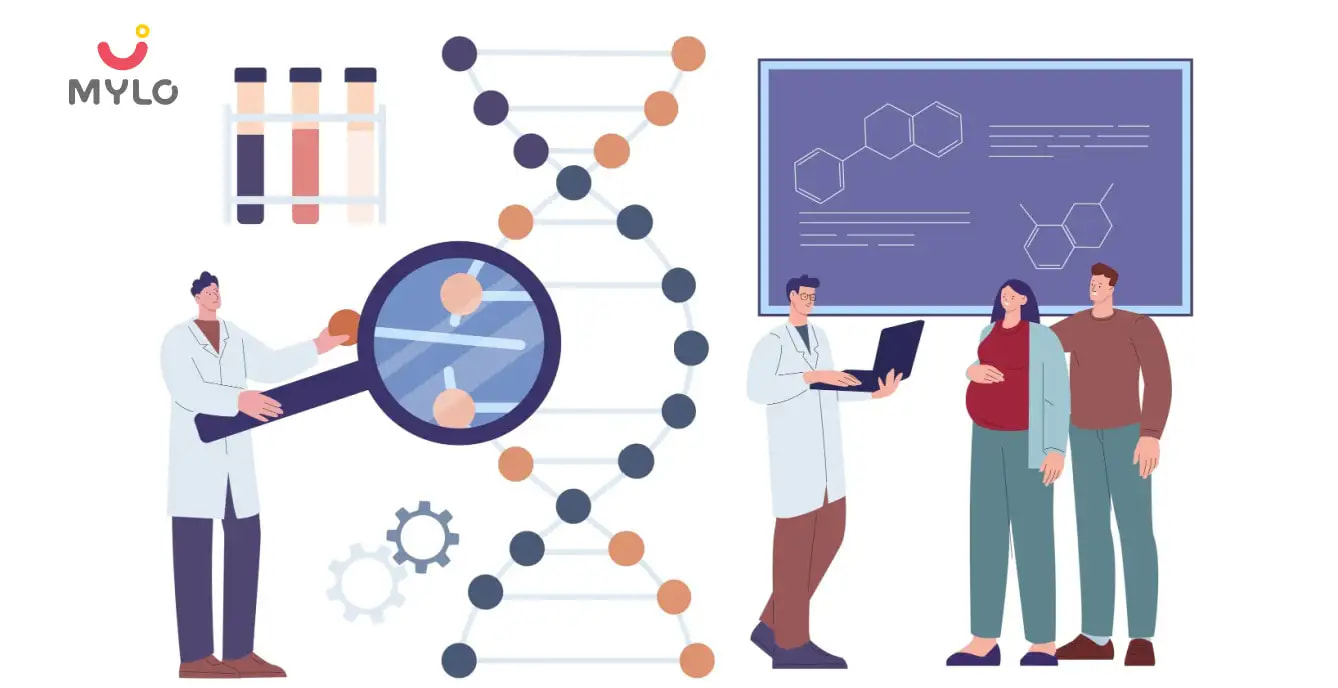
Conception
The Best Age to Get Pregnant According to Scientists Is
Updated on 4 October 2023



Medically Reviewed by
Dr. Shruti Tanwar
C-section & gynae problems - MBBS| MS (OBS & Gynae)
View Profile

"Time is slipping away for marriage, Nalini," her mother exclaimed with urgency. "But I am merely 27 and currently in a crucial phase of my career, unable to commit to marriage or children," Nalini replied, considering her options. Yet, the thought lingered: What is the best age to get pregnant?
Deep in thought, Nalini embarked on a quest for knowledge, searching the internet and reputable research journals to uncover what science has to say about the right age to get pregnant. Now, let us explore the enlightening discoveries she made regarding the most favorable age for conceiving, as validated by esteemed scientists.
What are the Factors Affecting the Best Age to Get Pregnant?
The best age to conceive can be influenced by various factors that impact a woman's fertility and overall reproductive health. Some of the key factors include:
1. Biological factors
A woman's biological clock plays a significant role. Fertility starts to decline gradually after the age of 30 and declines more rapidly after 35. As a woman ages, the quantity and quality of her eggs decrease, making it harder to conceive
2. Lifestyle factors
Lifestyle choices such as smoking, excessive alcohol consumption, drug use, and poor nutrition can negatively impact fertility.
3. Medical factors
Certain medical conditions, such as polycystic ovary syndrome (PCOS), endometriosis, and reproductive disorders, can affect fertility.
4. Partner's age and fertility
While age affects female fertility more significantly, it's important to consider the partner's age as well when considering the best age for pregnancy.
5. Personal and career considerations
Personal circumstances, including educational and career goals, can influence the decision about the best time to start a family.
The Biological Clock and Fertility
The biological clock refers to the natural decline in fertility that occurs as a woman ages. It is primarily influenced by the aging of a woman's eggs, also known as oocytes. A woman's fertility gradually decreases as she gets older, with a more significant decline typically occurring after the age of 35.
This decline is primarily due to a decrease in the number and quality of eggs in the ovaries. Older eggs are more likely to have chromosomal abnormalities, such as Down syndrome. As a woman approaches her late 30s and early 40s, her fertility declines significantly, making it harder to conceive naturally.
What are the Risks and Complications Associated with Pregnancy at Different Ages?
Pregnancy at different ages carries varying risks and potential complications for both the mother and the baby. Here are some general considerations:
In Teenage Pregnancy
-
Increased risk of preterm birth and low birth weight.
-
Higher likelihood of high blood pressure and anemia.
-
Greater risk of inadequate prenatal care and unhealthy lifestyle choices.
-
Higher chance of dropping out of school and facing socioeconomic challenges.
In 20s to early 30s
-
Generally considered the optimal age range for pregnancy.
-
Lower risk of pregnancy complications compared to older age groups.
-
Higher chances of successful conception and healthier outcomes for both mother and baby.
-
More energy and potential for better recovery after childbirth.
In Late 30s to 40s
-
Increased risk of infertility and difficulty conceiving.
-
Higher chance of chromosomal abnormalities, such as Down syndrome, in the baby.
-
Greater risk of gestational diabetes, high blood pressure, and pregnancy complications.
-
Increased likelihood of cesarean section delivery.
It's important to note that these are general trends, and individual experiences may vary.
you may like : Suffering from Insomnia during your Pregnancy: Here are the Symptoms and Solutions
The Ideal Age Range for Pregnancy According to Scientists
According to the findings published in the journal BJOG: an International Journal of Obstetrics & Gynaecology, the right age to get pregnant is between 23 and 32 as there are minimum chances of birth defects at this age. The analysis was performed on 31,128 pregnancies between 1980 and 2009.
The research revealed that the risk of having non-chromosomal abnormalities increases by 20% when the mother’s age is below 22 and by 15% if mother’s age is more than 32 in comparison to the ideal age group of 23-32 years.
The most common anomalies found were central nervous system malformations and it was found that the fetuses of older mothers have an increased risk of congenital disorders of head, neck, ears and eyes showed a double increase by 100% and was more pronounced over 40 years of age.
Here are some other factors why this age range is often considered optimal:
1. Fertility
Women in their 20s generally have a higher fertility rate compared to older age groups. They tend to have a larger number of good quality eggs, which increases the chances of successful conception and a healthy pregnancy.
Women in their 20s and early 30s have a lower risk of pregnancy complications such as gestational diabetes, high blood pressure, and chromosomal abnormalities in the baby.
2. Physical resilience
Younger women often have more physical resilience, enabling them to better cope with the physical demands of pregnancy and childbirth. They tend to recover more quickly after giving birth.
3. Career and personal stability
By their late 20s and early 30s, many women have established a level of stability in their careers and personal lives. This stability can provide a supportive environment for starting a family.
How to Plan Conception at the Best Age for Pregnancy?
Planning conception at the best age to get pregnant involves several considerations. Here are some steps to help in the process:
1. Understand your reproductive health
Schedule a preconception check-up with a healthcare provider to assess your overall health, fertility status, and any underlying conditions that may affect pregnancy.
2. Consider age-related factors
Be aware of the impact of age on fertility and pregnancy. Educate yourself about the risks and complications associated with pregnancy at different ages.
3. Evaluate personal circumstances
Assess your personal circumstances, including career goals, financial stability, and emotional readiness for parenthood.
4. Adopt a healthy lifestyle
Focus on maintaining a healthy lifestyle, including regular exercise, a balanced diet, and managing stress. Quit smoking, limit alcohol consumption, and avoid recreational drugs.
5. Understand fertility preservation options
If you're not ready for pregnancy yet but concerned about declining fertility, explore fertility preservation options such as egg freezing.
Fertility Treatments and Options for Couples Who Want to Conceive Later in Life
For couples who want to conceive later in life, there are several fertility treatments and options available. Here are some common approaches:
1. In Vitro Fertilization (IVF)
IVF involves the retrieval of eggs from the woman's ovaries, fertilizing them with sperm in a laboratory, and transferring the resulting embryos into the uterus.
2. Egg Freezing
Egg freezing allows women to preserve their eggs at a younger age for future use. The eggs are retrieved, frozen, and stored until the woman is ready to conceive.
3. Embryo Freezing
Embryo freezing involves removing eggs from the ovaries, fertilizing them to create embryos, letting them grow for several days, and then freezing them for later use.
4. Donor Eggs or Sperm
If there are issues with egg or sperm quality, using donor eggs or sperm can be an option. This allows couples to achieve pregnancy with the help of a donor who has undergone thorough screening and testing.
5. Fertility Medications
Depending on the specific fertility concerns, certain medications may be prescribed to stimulate ovulation and improve the chances of conception.
Women looking to boost their fertility can also try Mylo's Ovaluna Female Fertility Capsules, which are an effective blend of fertility-boosting supplements like CoQ10, L-methyl folate, zinc, Vitamin D2, Vitamin B12 and shatavari, among others. These ingredients are known to improve egg health and development, maintain hormonal balance, prevent fertility complications and regulate menstrual and ovulation cycle.
6. Assisted Reproductive Techniques
Techniques such as intracytoplasmic sperm injection (ICSI) or assisted hatching can be used to enhance fertilization and embryo implantation, especially in cases of male factor infertility or advanced maternal age.
7. Surrogacy
In cases where carrying a pregnancy is not possible or advisable, surrogacy can be an option. A gestational carrier carries the pregnancy on behalf of the intended parents using either the couple's own embryos or donor embryos.
The Bottomline
In conclusion, determining the best age to get pregnant is a personal decision influenced by various factors. While there is a general consensus that the late 20s to early 30s is considered the optimal age range for fertility and pregnancy, individual circumstances and choices play a significant role. Remember that there is no one-size-fits-all answer, and the most important aspect is to make informed decisions based on your unique situation and aspirations for starting or expanding your family.
References
1. Pethő, B, Mátrai, Á, Agócs, G, Veres, DS, Harnos, A, Váncsa, S, et al. (2023). Maternal age is highly associated with non-chromosomal congenital anomalies: Analysis of a population-based case-control database. BJOG
2. Bellieni, C. (2016). The Best Age for Pregnancy and Undue Pressures. Journal of Family & Reproductive Health.
3. Delbaere, I., Verbiest, S., & Tydén, T. (2020). Knowledge about the impact of age on fertility: a brief review. Upsala Journal of Medical Sciences.

Mylo Ovaluna Female Fertility Tablets - 60 Capsules
Improves Egg Health & Folate Levels |Improves Reproductive Health & Hormonal Balance
₹ 1799

4.3
(188)


3686 Users bought





Medically Reviewed by
Dr. Shruti Tanwar
C-section & gynae problems - MBBS| MS (OBS & Gynae)
View Profile


Written by
Madhavi Gupta
Dr. Madhavi Gupta is an accomplished Ayurvedic doctor specializing in Medical content writing with an experience of over 10 years.
Read MoreGet baby's diet chart, and growth tips

Related Articles
Related Questions
Hello frnds..still no pain...doctor said head fix nhi hua hai..bt vagina me pain hai aur back pain bhi... anyone having same issues??

Kon kon c chije aisi hai jo pregnancy mei gas acidity jalan karti hain... Koi btayega plz bcz mujhe aksar khane ke baad hi samagh aata hai ki is chij se gas acidity jalan ho gyi hai. Please share your knowledge

I am 13 week pregnancy. Anyone having Storione-xt tablet. It better to have morning or night ???

Hlo to be moms....i hv a query...in my 9.5 wk i feel body joint pain like in ankle, knee, wrist, shoulder, toes....pain intensity is high...i cnt sleep....what should i do pls help....cn i cosult my doc.

Influenza and boostrix injection kisiko laga hai kya 8 month pregnancy me and q lagta hai ye plz reply me

Related Topics
RECENTLY PUBLISHED ARTICLES
our most recent articles
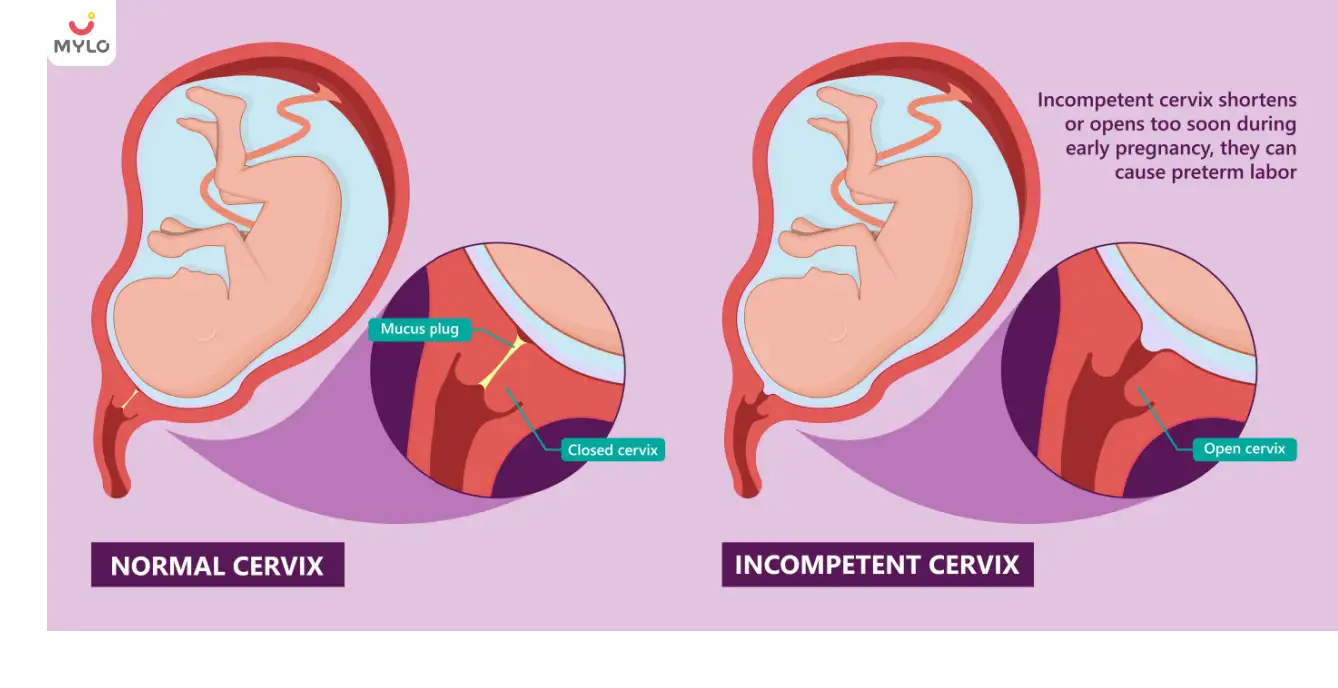
Preterm Labour
Incompetent cervix: Causes, Symptoms, & Treatment
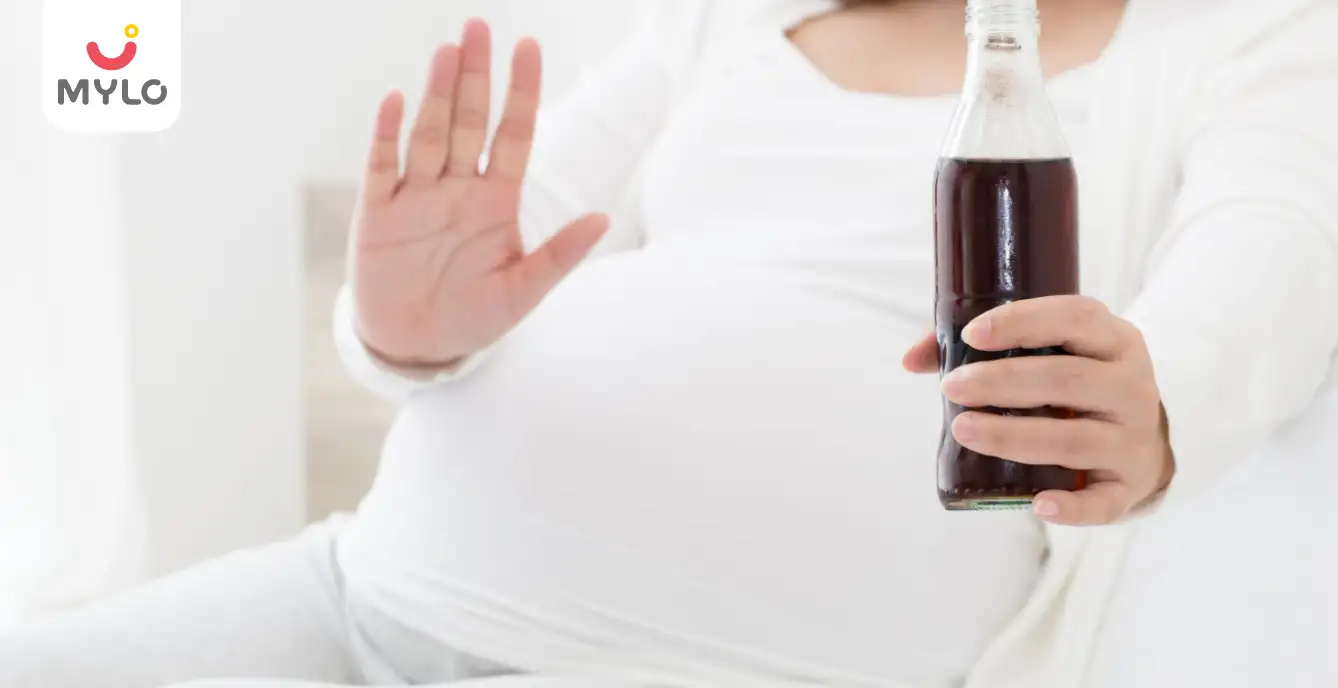
Pregnancy Precautions
Soda During Pregnancy: Is It Safe or Should You Avoid It?
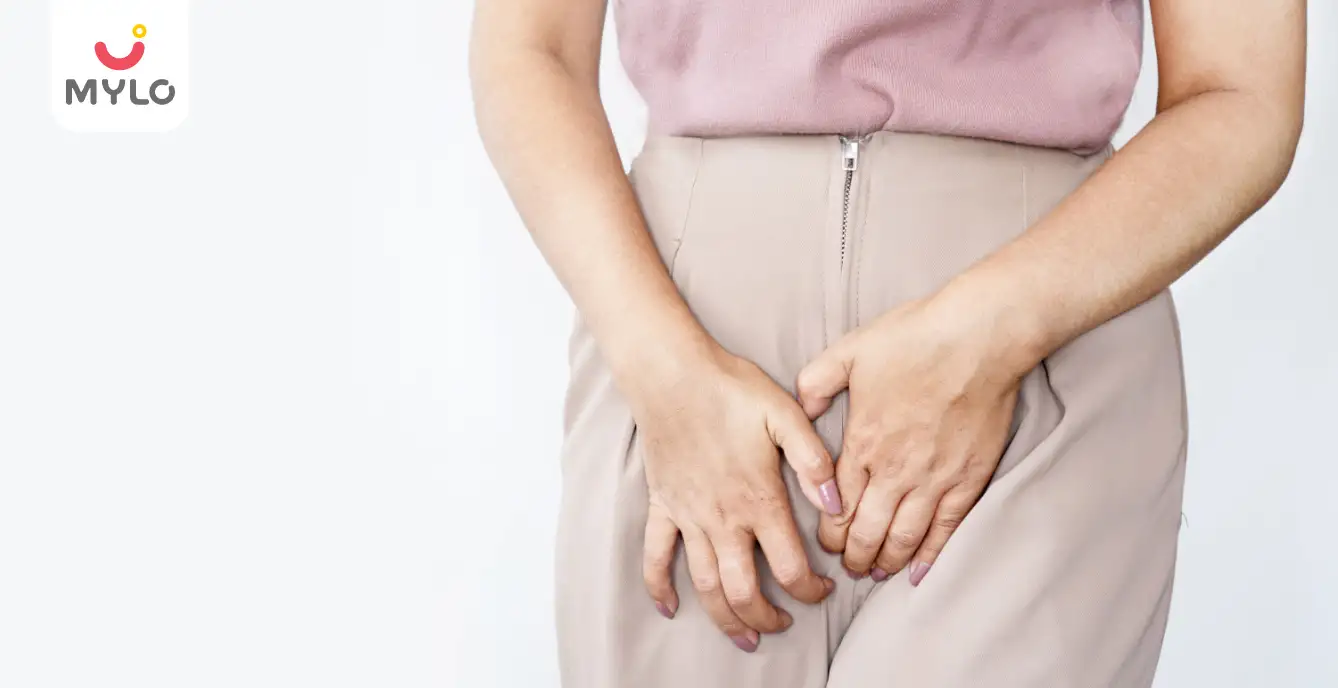
Vaginal Discharge
Watery Discharge Before Period: Is It Normal or a Cause for Concern
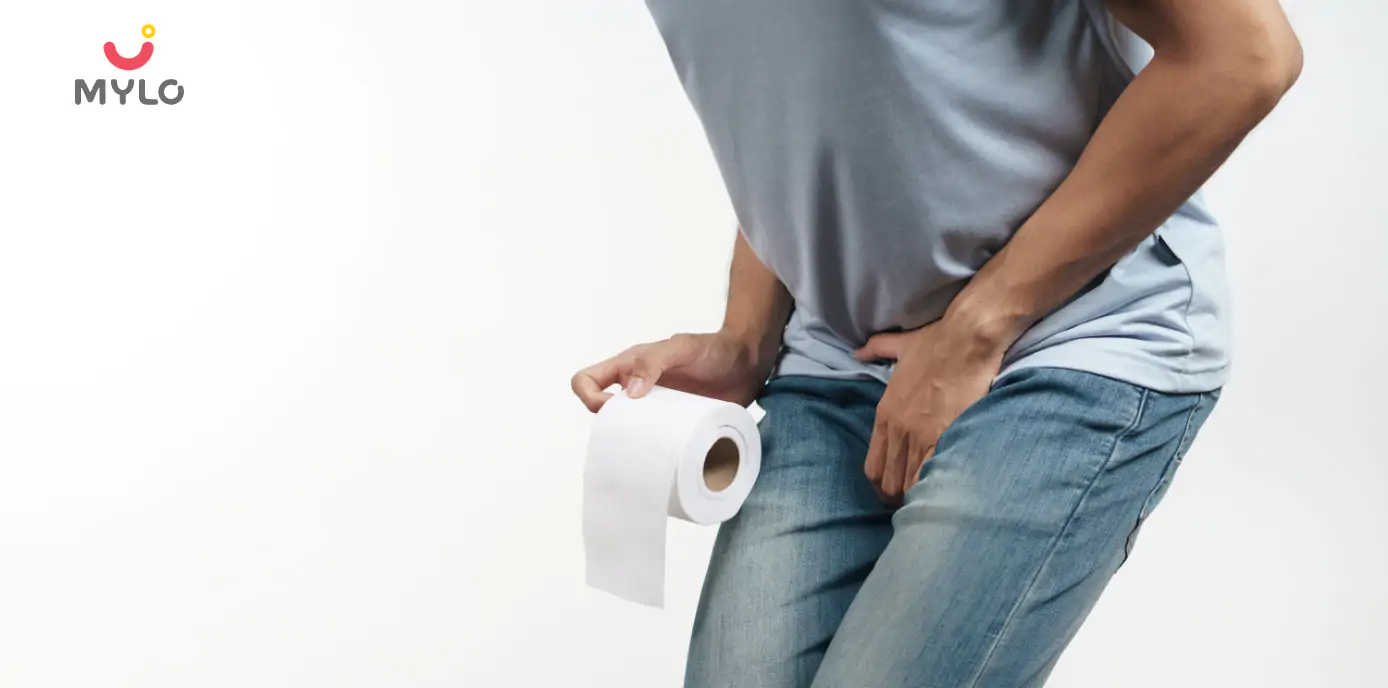
Male Infertility
Sperm Cramps: Debunking Myths and Shedding Light on the Facts
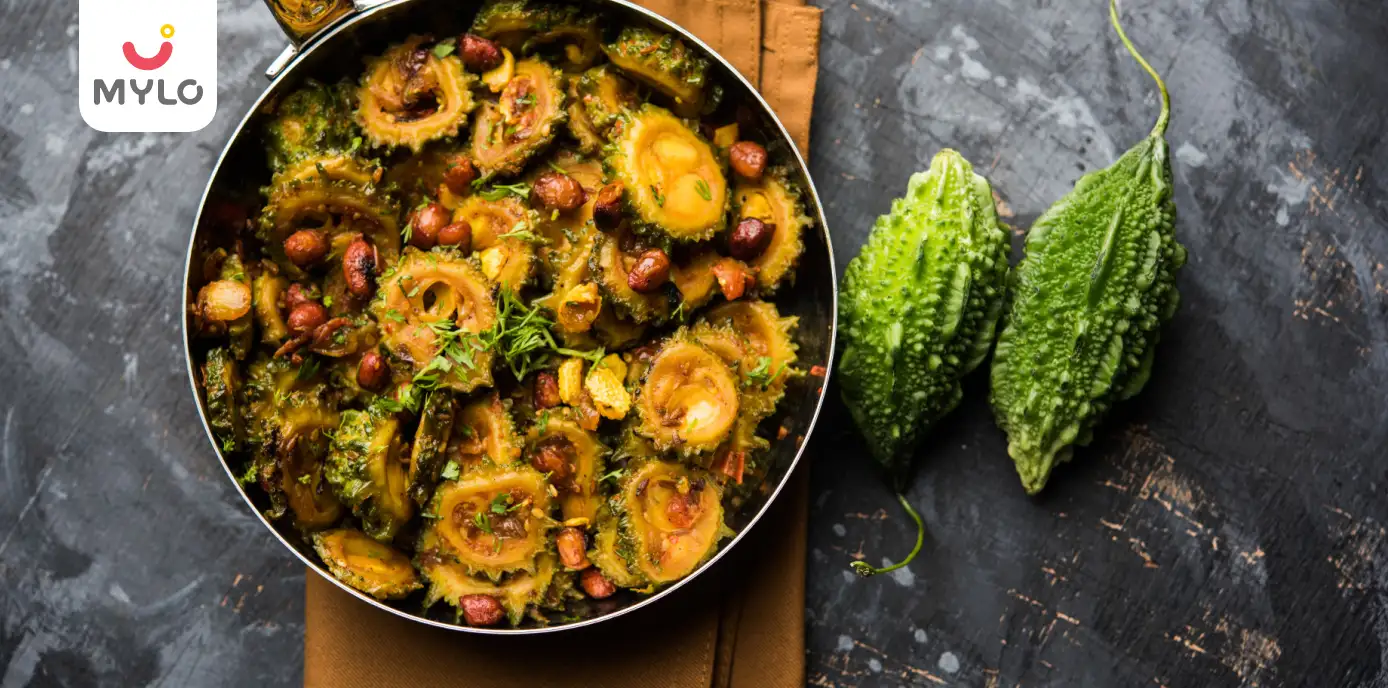
Diet & Nutrition
Bitter Gourd During Pregnancy: Benefits and Precautions You Should Know

First Period After Failed IVF Cycle: What to Expect and How to Cope
- Freezing Eggs: The Pros and Cons of Preserving Your Fertility
- Can a Diabetic Woman Get Pregnant: Exploring the Facts and Myths
- Bulky Uterus with Fibroids: Understanding Causes, Symptoms, and Treatment Options
- Tubal Recanalization: How This Procedure Can Help Restore Your Fertility
- Are FSH (Urofollitropin) Injections an Effective and Safe Fertility Treatment For You?
- The Ultimate Guide to Choosing a Baby Massage Oil for Summer
- The Ultimate Guide to Understanding a Follicle Size Growth Chart
- Fruits for PCOS: Your Guide to Making Healthy Choices
- Is Milk Good for PCOS: Exploring the Dairy Dilemma
- The Ultimate Guide to Using Ashokarishta for PCOS
- PCOS Pain: The Ultimate Guide to Causes and Effective Management
- 10 Best Mystery Books to Read in 2023
- 10 Best Non-Fiction Books to Read in 2023
- Is Ghee Good for PCOS: The Ultimate Guide to Benefits and Ways to Consume


AWARDS AND RECOGNITION

Mylo wins Forbes D2C Disruptor award

Mylo wins The Economic Times Promising Brands 2022
AS SEEN IN

- Mylo Care: Effective and science-backed personal care and wellness solutions for a joyful you.
- Mylo Baby: Science-backed, gentle and effective personal care & hygiene range for your little one.
- Mylo Community: Trusted and empathetic community of 10mn+ parents and experts.
Product Categories
baby carrier | baby soap | baby wipes | stretch marks cream | baby cream | baby shampoo | baby massage oil | baby hair oil | stretch marks oil | baby body wash | baby powder | baby lotion | diaper rash cream | newborn diapers | teether | baby kajal | baby diapers | cloth diapers |




